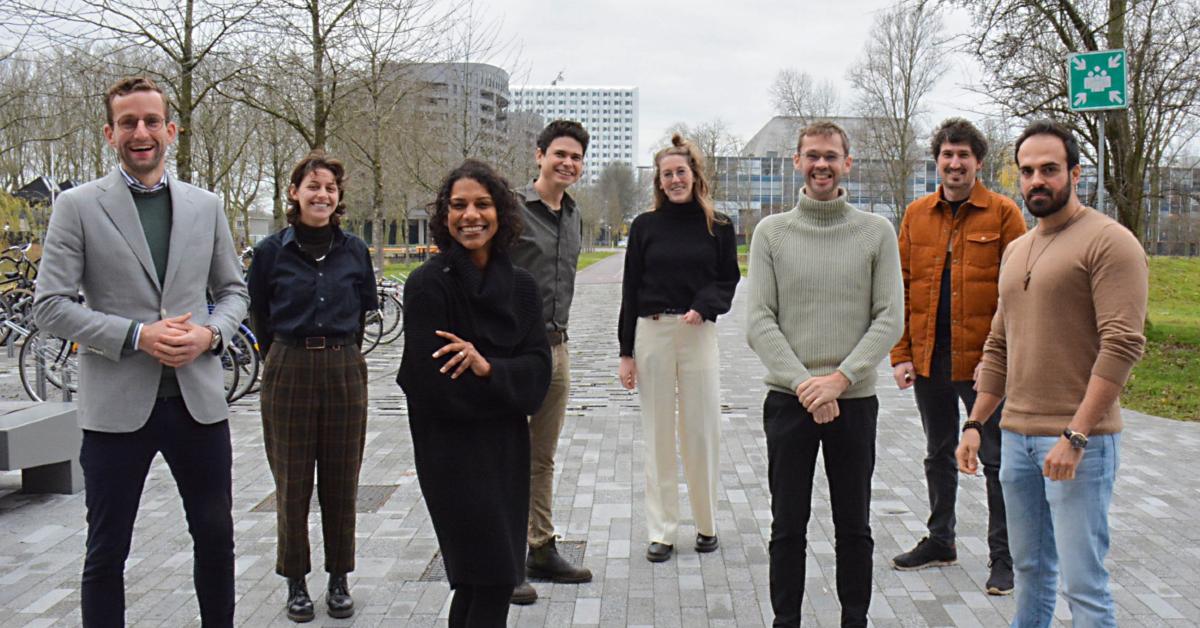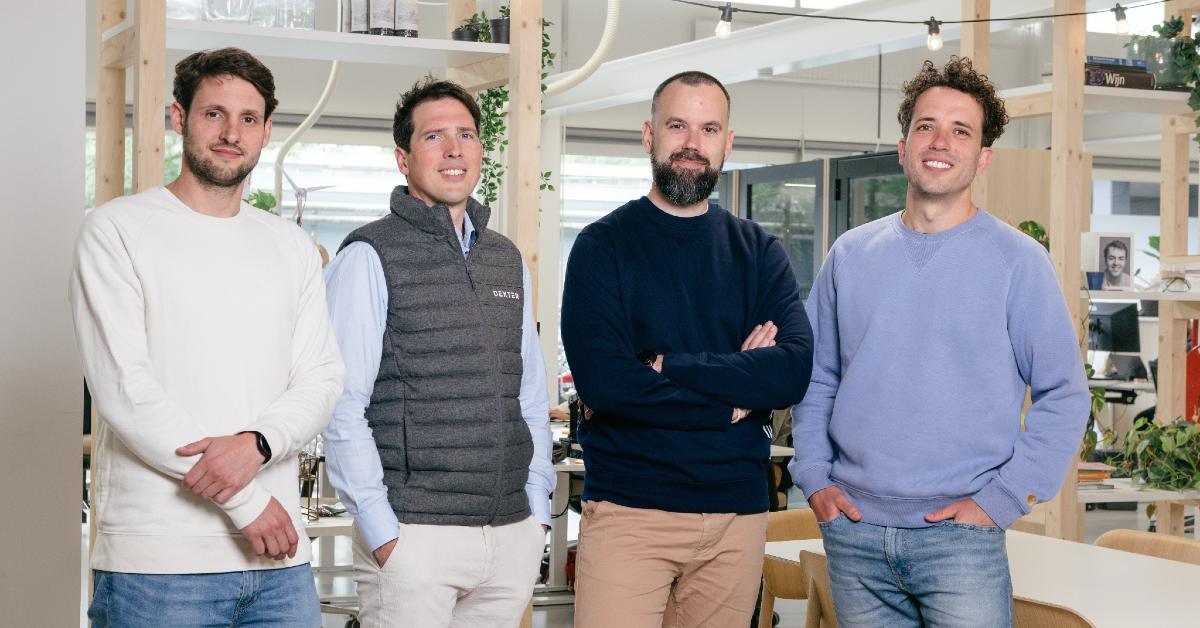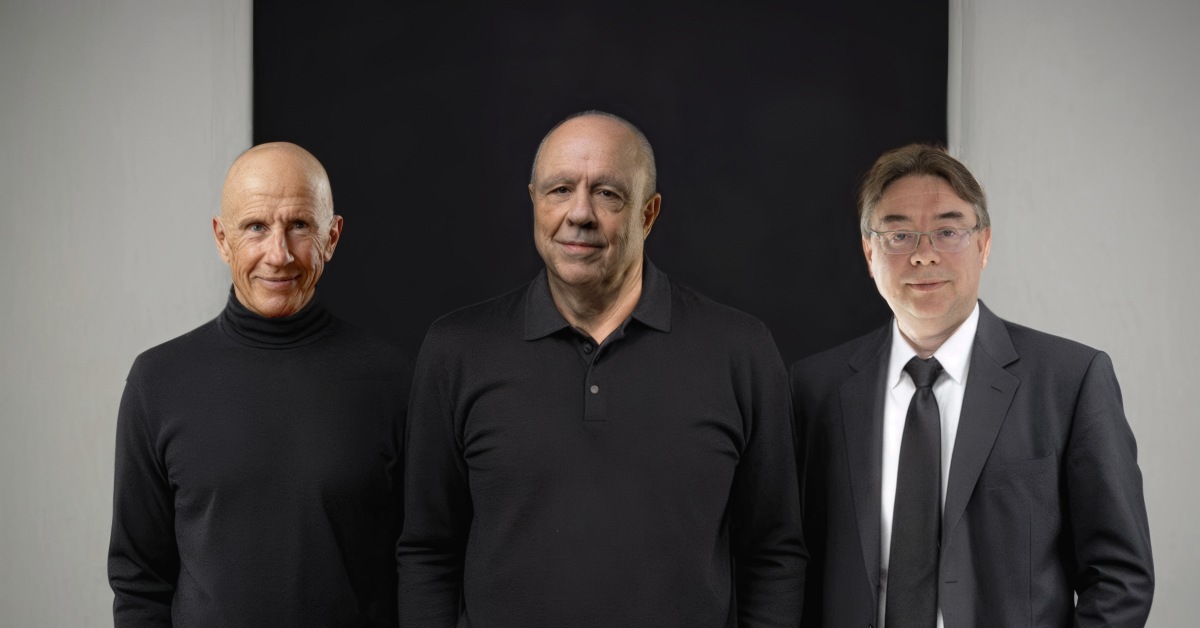The Netherlands-based Strohm, a hydrogen pipeline company, announced on Friday, August 12, that it has raised €14M in the first close of a round of funding led by HydrogenOne Capital Growth plc, the first LSE-listed investment fund dedicated to clean hydrogen.
HydrogenOne invested €10M in the funding round. The round also saw participation from Strohm’s existing investors Shell Ventures, Chevron Technology Ventures, and Evonik Venture Capital.
Simon Hogan, Chairman of HydrogenOne, says, “Strohm is our ninth private investment since the launch of our clean hydrogen-focused fund and an excellent addition to our growing portfolio. Strohm’s commitment to a sustainable future, through the reduction of the carbon footprint of pipelines globally and the provision of solutions for clean hydrogen applications, is one we support. We look forward to working with Strohm’s management team as it scales up to meet the growing demand for hydrogen energy sources.”
HydrogenOne says it may also invest up to a further €2M in the second close of this funding round, which is anticipated to be at least €6M in aggregate in addition, expected later in 2022. With this investment, HydrogenOne will have the right to a board seat.
Manufacturer of thermoplastic composite pipe
Founded in 1995, Strohm is a private supply chain company that is focused on the offshore wind-to-hydrogen sector. It claims to support a reliable, faster and cheaper green energy transition globally. The business is creating reliable pipeline solutions so that green hydrogen produced at offshore wind farms may be sent to land using Strohm’s underwater pipe network.
In 2012, a full-scale production site for Thermoplastic Composite Pipes (TCP) was built in IJmuiden, Port of Amsterdam. Two years later, the company became independent as Airborne Oil & Gas. In October 2020, Airborne Oil & Gas rebranded to Strohm.
Strohm says that TCP is more affordable than steel pipe and produces around 50 per cent less greenhouse gas emissions during manufacture. As TCP is a flexible pipe, it can be installed offshore easily and quickly, using the same methods as currently used for array cables. The method enables the safe transportation of hydrogen, CO2, ammonia, and water in environments where steel solutions are prone to corrosion and embrittlement.
Martin van Onna, MD of Strohm, says, “We recognised the fit between clean hydrogen and offshore wind at an early stage, and developed a compelling pipe solution to support it. TCP can transfer up to nine times the amount of energy compared to a cable and can be used to store hydrogen, thereby increasing the uptime of offshore wind farms. The pipe’s flexibility, lack of corrosion, fatigue and embrittlement make it the superior pipeline solution for offshore wind farms, generating hydrogen.”
“The investment by HydrogenOne allows us to increase our capacity to service this exciting and growing market,” adds van Onna.
Capital utilisation
Strohm says it will utilise the funds to expand the capacity of its Dutch manufacturing facility and carry out its energy transition agenda, while continuing to assist clients in achieving net-zero goals with its lightweight and 100 per cent recyclable pipe solution. The solution has been shown to reduce the CO2 footprint of pipeline infrastructures by up to 60 per cent.
Offshore green hydrogen projects totalling more than 9 gigawatts (GWs) have been planned for the North Sea basin, with additional development potential of multiple GWs, as well as Carbon Capture, Utilisation, and Storage (CCUS). All of these projects will require specialised pipeline solutions at scale. Strohm believes it is in a good position to support the growth of this offshore hydrogen and CCUS sector.










01
From telecom veteran to Dutch Startup Visa success: The Jignesh Dave story